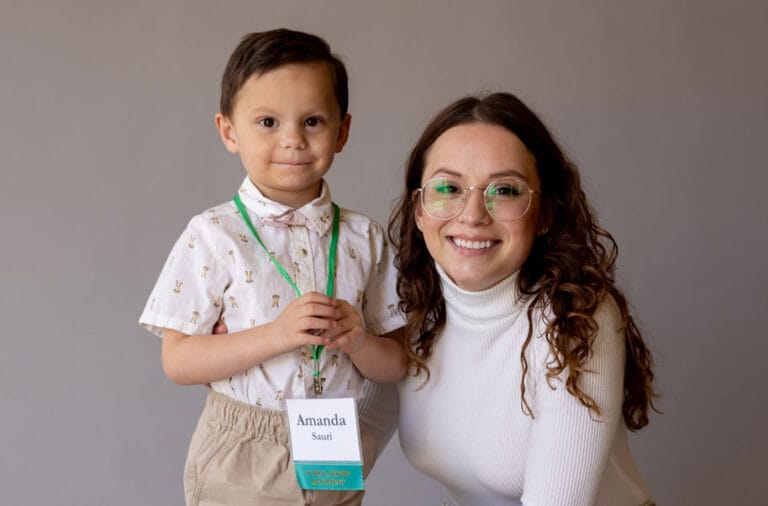
Internships a balancing act for adult students
Many college students will tell you that an internship is critical to their higher education experience. But how do you manage an internship — particularly one that’s unpaid — as an adult student with a full-time job, family or other responsibilities?

This was the question facing Jason Glomp in 2018. Nearly two decades after his first college experience was cut short by an accident, Glomp enrolled at the University of Wisconsin–Madison with a fresh outlook and a new goal: to complete his bachelor’s degree in political science.
“When I returned to college, I was excited to discover that I could earn a certificate in public policy while completing my undergraduate degree,” said Glomp, who wanted to explore public policy’s role in addressing systemic inequalities.
He soon learned he would need to complete an internship to earn the certificate. It wasn’t an easy ask for Glomp, who had a full-time job at a local taxi cooperative and had just purchased a home in Madison with his wife.
A friend connected him with an internship working for a state representative at the Wisconsin Capitol, an excellent but unpaid opportunity. “That meant that I had to rely more on financial aid and picking up the occasional extra shift at work to help make ends meet,” Glomp recalled.
The internship also required careful time management. “My wife and I talked through my educational obligations before I returned to school,” Glomp said, “but we knew the sacrifices would be temporary and that my degree would benefit us both in the long run.”
Internship challenges and opportunities
Glomp is hardly alone. Learners face unique challenges when trying to secure internships. Data from the latest National Survey of College Internships, developed by the Center for Research on College-Workforce Transitions at UW–Madison, clearly show that significant barriers exist regarding access to internships.

For instance, 63 percent of the students wanted to do internships but could not for various reasons, especially a lack of time due to a heavy course load or the need to work a paid job. Internships can be particularly challenging for adult students if they offer little or no pay.
Students who land an internship can find it an excellent opportunity to field test a new career pathway, get a foot in the door of a new organization or build professional networks. Research shows that it is critical to have an experienced mentor, realistic and challenging workplace tasks, and ample feedback from your supervisor to ensure a good internship experience.
Building connections and confidence
Glomp said his internship was the best decision he made after returning to college. The office where he interned offered flexibility with his schedule, valuable work experience and, eventually, a full-time position.
While he has since completed his degree and now works in a different government office, Glomp said his college internship was invaluable to making connections, learning how to conduct research and becoming a better writer.
“Most of all, my internship helped to quiet the voice in my head that said I couldn’t do professional work,” he added. “It gave me the confidence to know that I could not only succeed but excel professionally.”
The Lifelong Learner is a monthly feature written by UW–Madison’s Continuing Studies staff. Moira Kelley, communications manager at UW–Madison Continuing Studies Adult Career and Special Student Services, can be reached at [email protected]. This column was originally published in the Wisconsin State Journal on November 10, 2024.
Published on Nov 13 2024
Last Updated on Sep 19 2025
Categories: Adult Career and Special Student Services, Student stories



